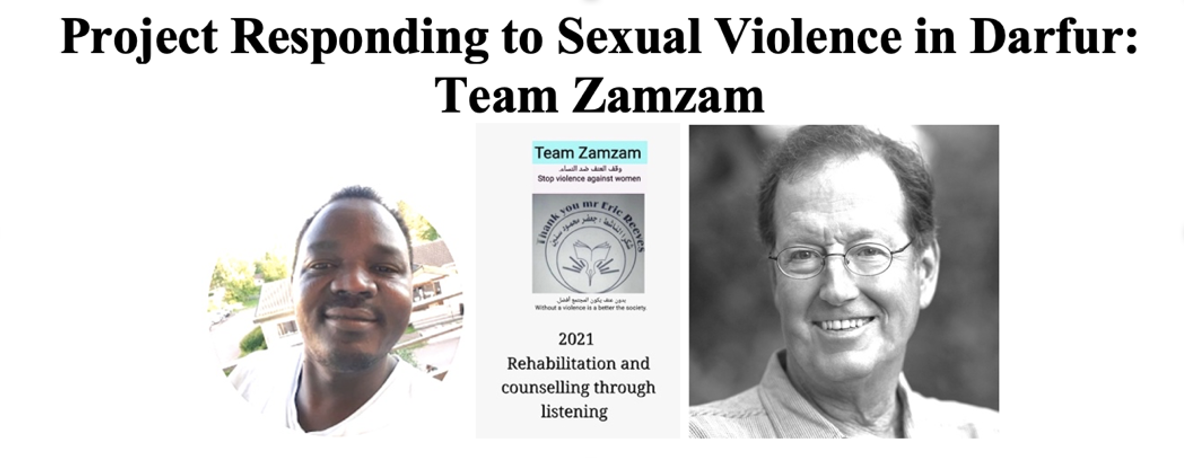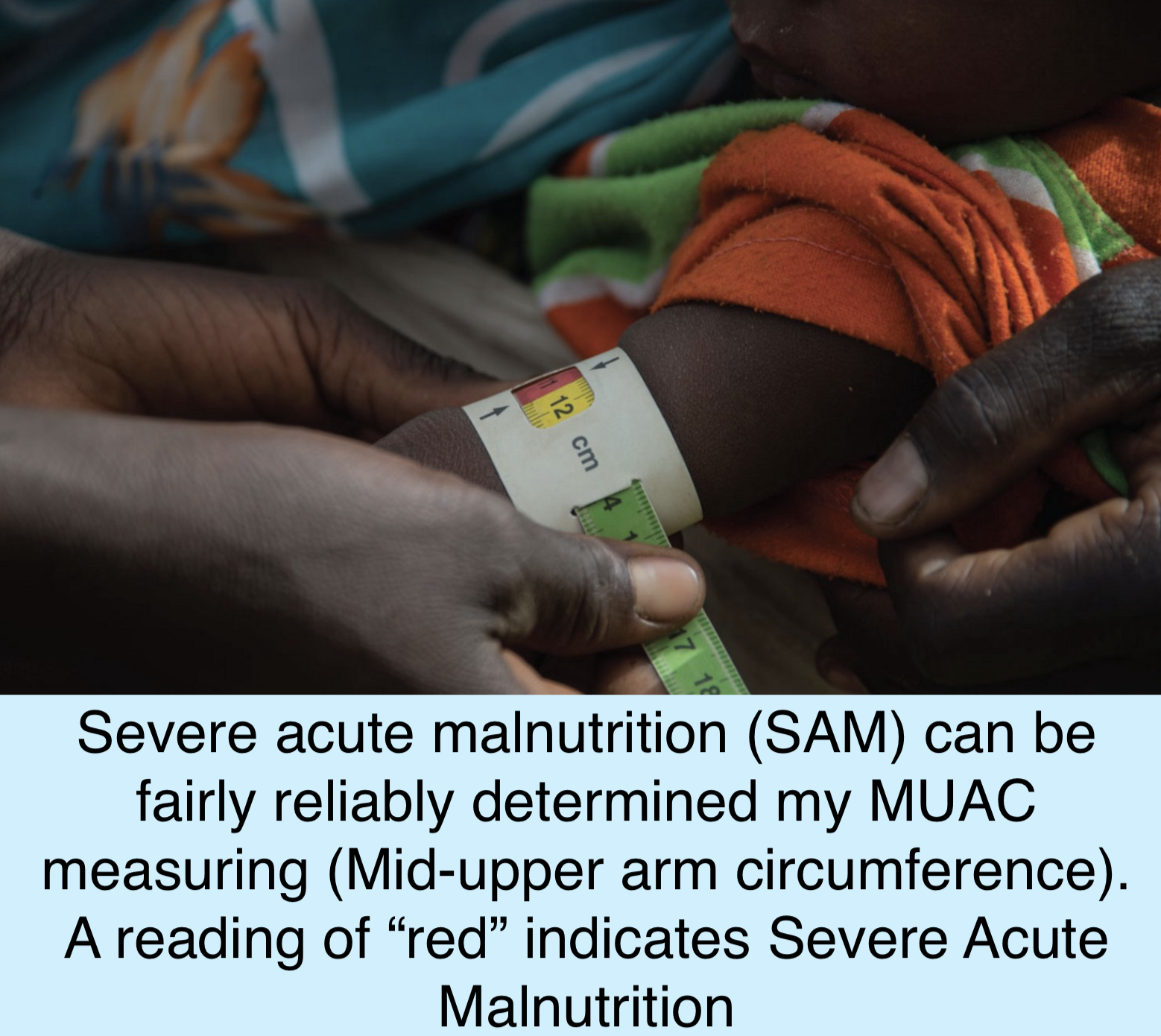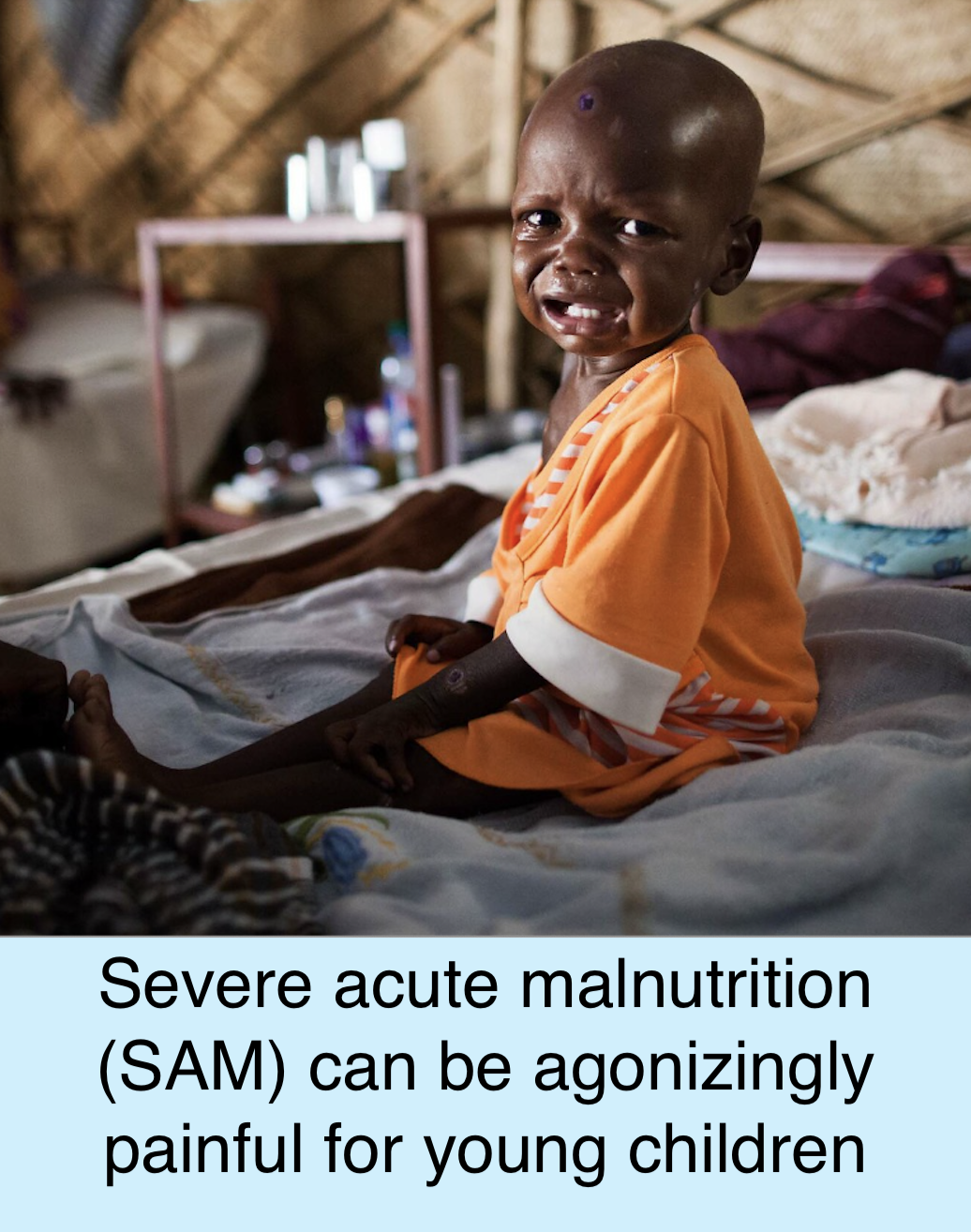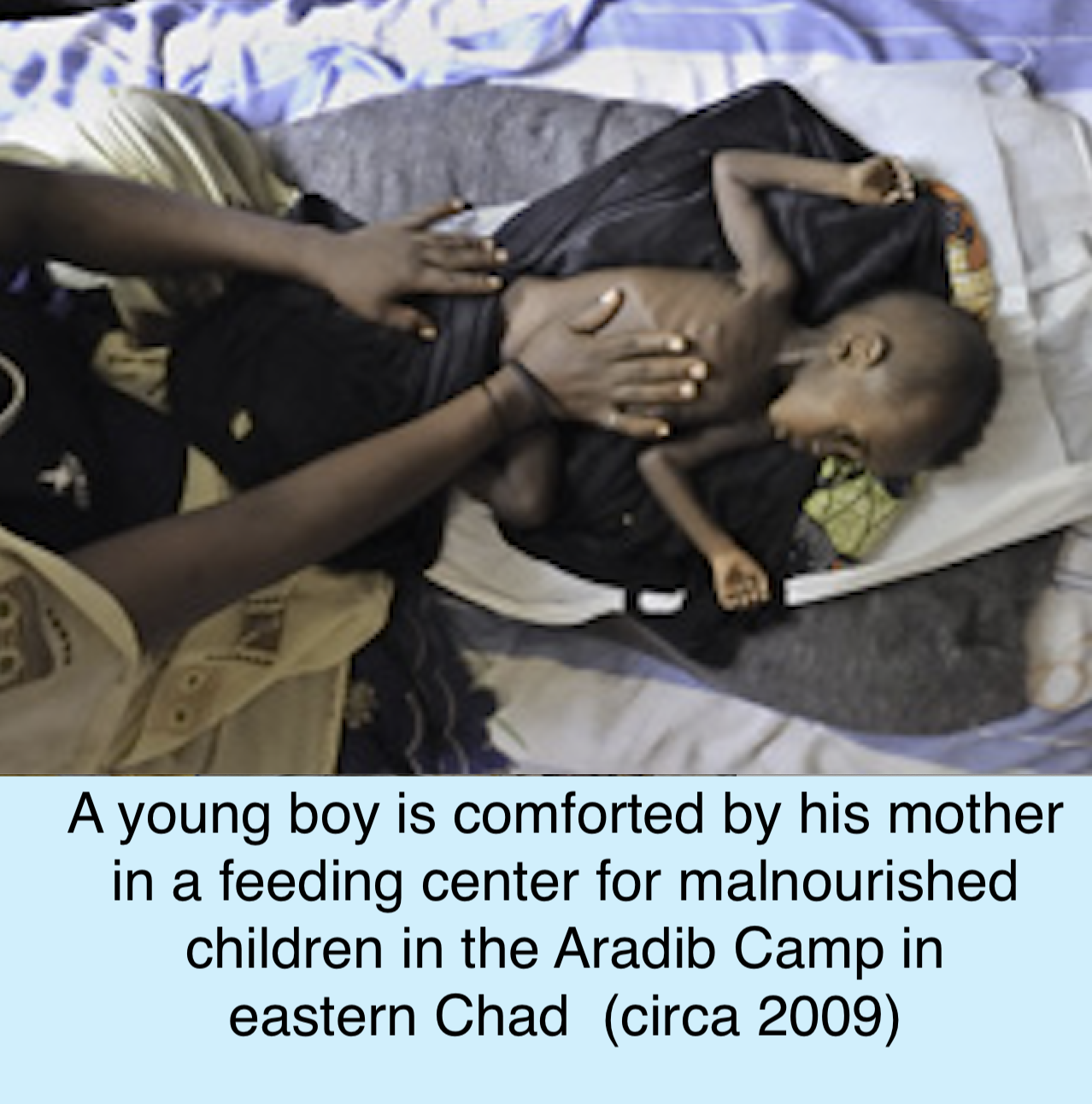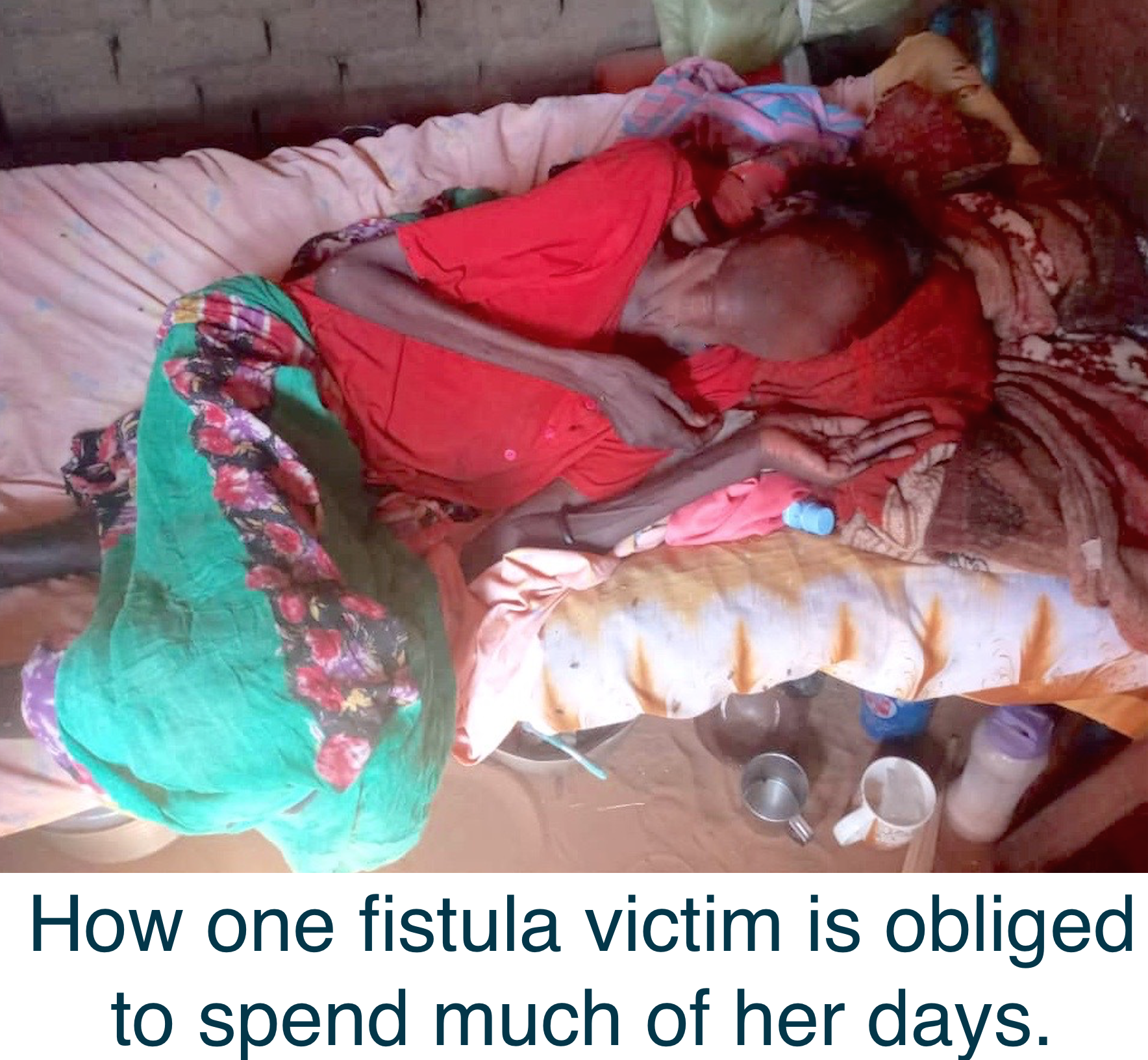Gaffar Mohammud Saeneen and Eric Reeves, Co-Chairs
Nancy Reeves, editor and funding advisor; Julie Darcq, Online Campaign Coordinator
[The current update covers the period June 1 – June 20, 2022]
Overview (Eric)
Accelerating violence. Political tyranny. A collapsing economy. Famine…
All of Sudan is suffering, and this suffering seems destined to become much worse in the coming months, especially as acute food shortages are being exacerbated by the Russian blockade of Ukraine’s grain exports. The UN World Food Program reported from Khartoum this month:
A record 15 million people in Sudan—one-third of the population—are currently facing acute food insecurity, the Comprehensive Food Security and Vulnerability Assessment (CFSVA) released by the United Nations World Food Programme (WFP) shows…. By September, up to 40% of the population [of 45 million], or around 18 million people, may slip into food insecurity.
But this is for Sudan as a whole; in Darfur, and especially in the camps for displaced persons, conditions are already much worse. In Zamzam IDP camp, where our project is focused, the coordinating counselor of Team Zamzam reports this month:
Malnutrition in the Darfur camps has caused the daily death of many children from starvation. Malnutrition began to increase dramatically in 2009, when the former regime deliberately expelled many international relief organizations from Darfur. The ensuing humanitarian crisis has worsened in recent years as the authoritarian al-Bashir regime tried aggressively to dismantle the camps by means of starvation.
This deliberate, aggressive policy directed against the camps pursued by the former regime, had the assistance of the governor of North Darfur state at the time, Othman Kiber. This policy of attempting to dismantle the IDP camps has resulted in continuing economic difficulties for the vast majority of IDP’s. The policies have also generated additional hardships on Darfuri society, creating severe psychological hardships in the lives of millions. Countless displaced persons have had their names removed from lists for humanitarian assistance.
Daily starvation and malnutrition are not a new thing for camp residents, especially the people of Zamzam, who long ago lost their hopes and confidence in the international community. But now the situation is becoming increasingly difficult: the minimum food requirement of one daily meal is becoming increasingly scarce for the more than 90% of the population whose lives used to depend on agriculture.
[The full report of the coordinating counselor appears as an Annex to this update]
Here it is important to see the long-term profile of malnutrition in Darfur, a task made easier by the leaking of an unpublished UNICEF report (circulated internally, June 2014, but never formally published because of UNICEF’s deference to the sensibilities of the al-Bashir regime). A scan of the leaked document was published by Nicholas Kristof of the New York Times on
September 5, 2014. Among the many shocking results of the UNICEF survey of malnutrition in Sudan are these data (the language is UNICEF’s):
Acute malnutrition rates for children in Sudan among the highest in the world:
North Darfur: 28 percent acute malnutrition among children
South Darfur: 18 percent acute malnutrition among children
East Darfur: 15 percent acute malnutrition among children
South Darfur: 13 percent acute malnutrition among children
West Darfur: 8 percent acute malnutrition among children
I have highlighted the figure for North Darfur, location of Zamzam IDP camp. In 2014, UNICEF reported that 28% of all children in North Darfur suffered from “acute malnutrition.” Many would die as malnutrition worsened or opportunistic diseases took their toll among these weakened children. The UNICEF figures for “chronic malnutrition among the children of North Darfur” at the time was 35%—over one third of the state’s population of children. And the situation has deteriorated significantly over the past eight years—and the last two in particular.
For Sudan as a whole, UNICEF reported a staggering figure of 555,203 children suffering from “severe acute malnutrition” (SAM) and that this condition affects five percent of the under-five population in Sudan as a whole. Given that two percent is the “emergency” threshold for Severe Acute Malnutrition (SAM) among children, we must wonder why more isn’t being done by the UN and the international community for this large and extremely vulnerable population. Mortality among children with SAM—even in therapeutic settings—is exceptionally high; and in non-therapeutic settings SAM may gave mortality rates exceeding 50%. Just last month UNICEF (with a predictable focus on Ukraine) issued an overview of SAM, declaring:
Globally, at least 13.6 million children under the age of 5 suffer from severe wasting, which is responsible for 1 in 5 deaths among children under age 5, making it one of the top threats to child survival. A severely wasted child is up to 11 times more likely than a healthy child to die of common childhood illnesses such as pneumonia, the single largest infectious cause of death in children worldwide.
In Darfur—and in the IDP camps especially—these hideous realities are especially prominent, even as critically important therapeutic feeding centers for such malnourished children are virtually non-existent. In a grim dispatch from the Abu Shouk IDP camp that adjoins El Fasher, Save the Children reported earlier this month:
“Two children [ages 5 and 7] are reported to have died from hunger-related causes in Sudan’s North Darfur State this week, an ominous sign of what is to come as 18 million people are expected to be pushed into extreme hunger by September, Save the Children said.” (8 June 2022)
The children were simply found dead on the road.
How We’re Helping in Zamzam Camp
Every month, the counselors of our Zamzam project—in addition to providing psychosocial counseling for victims of extreme sexual violence—distribute significant quantities of food, medicine, and hygiene supplies. Our monthly budget of $4,000 pays the salaries of the counselors (and two adjunct male assistants, one with an automobile crucial for transportation); pays for at least one traumatic fistula surgery for a woman suffering from this excruciating and debilitating injury ($400/surgery); and uses the balance (approximately $1,500) to provide food and other supplies to the most destitute and needy in Zamzam camp.
This month the coordinating counselor reports:
The rise of prices and the freefall of local currency has had a catastrophic impact on the average family in Sudan. The ability simply to survive, to obtain the most basic necessities, has become a grim struggle for many families in Darfur. And particularly in the IDP camps, the vast majority of the camp camp’s inhabitants suffer from shortages of everything. In the last three months, the prices of basic necessities such as sugar, flour, cooking oil, and other essential commodities have increased by 40%.
Other important foods, such as meats, have come to be luxury items that people can’t even think about, despite the fact that Sudan is one of the biggest exporters of livestock and meat to Middle Eastern countries. Presently in the IDP camps a majority of people cannot afford to buy even a pound of sugar. Purchasing meat is out of the question.
The main focus of our distribution is what people want most: sugar, flour and cooking oil are the priorities. Accordingly, Team Zamzam purchased sugar, flour, cooking oil, and pasta to supply the most impoverished families in the four sectors of the Zamzam.
256 families benefited from this distribution. Each family received a ration of 6 pounds of sugar, 1 litre of oil, 1 kilo of flour and 1 kilo of pasta.
However meager this may seem, it can easily be the difference between life and death for these families.
Responding to victims of sexual violence
This remains the core mission of our project, and counseling sessions continue at an extraordinary rate. This is in part because of the sharp increase in violence in Darfur generally, and in West and North Darfur in particular. Over the past reporting period, the coordinating counselor provides the following summary:
Counseling sessions:
Individual counseling sessions: 72
Group counseling sessions: 34
Total of counseling sessions: 106
Related distributions activities:
Women Hygiene kits:
Each kit contains one tube of toothpaste, one tube of shaving cream, two razor bundles containing twelve razors each, one tube of body cream, and one packet of menstruation cotton (containing six pieces each)
Number of beneficiaries: 24
******
What gives deepest meaning to these efforts by Team Zamzam are two narratives provided to the counselors in their assessment mission to the Shereia area of East Darfur, from which a great many of Zamzam’s displaced persons originated:
Toqoyi Adam Hussein, 45-year-old woman:
“I came to this area [near Shereia] with my family last year after becoming fed up with living in a camp for years in an impossible situation; and at first I thought that we would live in safety and security on our farms. But things had become clear to us after we began work on our farms.”
Toqoyi continued: “Last year, just when the harvest season was to start, armed militias/Janjaweed came and asked us to give them 50 percent of the harvest that we had planted—peanuts, some hibiscus (roselle), millet, and some sesame. But I told them I won’t give them this much of my work over three months; they didn’t take no for an answer.”
She continued: “After about four days, the same militia forces came back in a group of ten men to attack us in the morning without any warning. They tied us up and we were separated from each other for one week. During this period, we were badly beaten, sexually violated, and our hair shaved to humiliate us more.”
Toqoyi then said: “I finally gave in to my attackers to save my daughter from the shame and humilitation of being violated by an old man who continued to assault her sexually for one week. Four months after this attack, it became clear that my sixteen-year-old daughter had become pregnant as a result of this sexual violence, although the fetus was aborted prematurely. My daughter’s life has been destroyed. Ever since that attack, she has changed dramatically and is very often deeply depressed—and I feel guilty for bringing her with me. We want to go back to any place on the earth where there is a sense of safety and peace, but we can’t even afford to return to El-Fasher.”
Zubida Mohamed Mahdi, 24-year-old originally from Um-Ashaba, currently lives in Zamzam:
“I was taken hostage by Janjaweed militias for one month. During the period of my captivity, I went through horrible things day and night. They beat me unconscious, they took turns [raping] me, they forced me to wash their dirty clothes, and they forced me to eat their leftovers. While they were doing this to me, they constantly insulted me verbally on my race and colour of my skin and eventually my family had to sell off everything they owned, from our few goats to what we have harvested during the rainy season, to free me from Janjaweed.”
Zubida continued: “After this incident, my entire life had been crushed down to the lowest point. For nearly a year I have sunk into a small corner of isolation where I often spend nights and days in the dark, thinking of ending my life. In those days, I didn’t care much about myself and life had become tasteless and utterly without meaning. I couldn’t think about another life waiting for me ahead.
“Finally, my mother brought into the house some strange women who later helped me to defeat my depression.” She continued: “After my mother introduced them to me, the sisters from Team Zamzam kept coming back to our house and each time they spent hours trying all sorts of chats on every level of social affairs. Then one day I found myself not starting to talk with them but even sometimes called them when they didn’t show up on time. Listening to the Sisters was a life-changing experience—a way to rediscover myself once again and reconcile myself with my being.”
“After such an emotional experience of lows, I began to care for others, love myself more, and began to love participating in helping those who are crushed down by the nightmares of the past events. There are many like me in this camp alone suffering in silence and a sense of guilt for something they are not guilty of and I want to help them to beat that deceptive spirit within their bodies. I thank everyone who helped me and I thank you Sisters for bringing me back to life.”
Such extraordinary achievements by the Sisters of Team Zamzam are reported every month, although the successes are too many to be fully noted. A fuller record can be found here.
Other assessment efforts and assistance to those seeking medical care can be found in the Annex containing the coordinating counselor’s remarkably full narrative. In summary form they are:
8 field visits were recorded to check the conditions of the newly displaced from the recent events.
Zamzam team participated in 6 meetings with neighbourhood committees in various locations within the camp;
57 persons/patients suffering from different illnesses were accompanied to different hospitals and health centres within El Fasher;
Team Zamzam had participated in various separate meetings with a women’s group to discuss issues and challenges facing women of Zamzam camp from domestic violence, depression, phenomenon of sexual violence and how to prevent genital mutilation;
13 field visits carried out in four corners of the camp to inspect and evaluate the functioning of water pumps;
1 fistula patient accompanied to the surgical clinic in El Fasher and then supported following surgery.
Continuing Funding Needs
The capacity of the Team Zamzam project continues to be constrained by a reduced monthly budget ($4,000), which may be further reduced despite generous contributions from several individual sources. For the past five months, funding has been available for only one patient per month in need of fistula surgery. The waiting list is still over 120 girls and women, more than 30 of them judged to be in “critical” condition by the now highly experienced group of those on Team Zamzam most responsible for fistula care. Ideally, we would be able to fund at least three or four fistula surgeries per month (at a cost of $400 per surgery). More food supplies are also urgently needed.
How to Help
Any assistance will be greatly appreciated by Team Zamzam, and by the girls and women whose suffering they seek to alleviate.
Those wishing to assist in funding the work of Team Zamzam may send a check directly to Eric (Eric Reeves, 31 Franklin St., Northampton, MA 01060) or purchase one of his woodturnings: https://www.ericreeves-woodturner.com/gallery
100% of the purchase price of every woodturning directly supports the project in Zamzam.
While not tax-deductible, a contribution should be made with the knowledge that our project operates with truly extraordinary efficiency, in ways matched by no humanitarian organization operating in Darfur that I am aware of, a region I have been researching for two decades. There is absolutely no overhead for this project.
Previous updates are archived at: https://www.ericreeves-woodturner.com/blog/
A “You Tube” video of Eric describing the project can be found at: https://youtu.be/QsRUa7GoVgY
—
Eric Reeves
Fellow, Rift Valley Institute
Trustee, Darfur Bar Association
Twitter: SudanReeves
Responding to victims of sexual violence in Darfur

